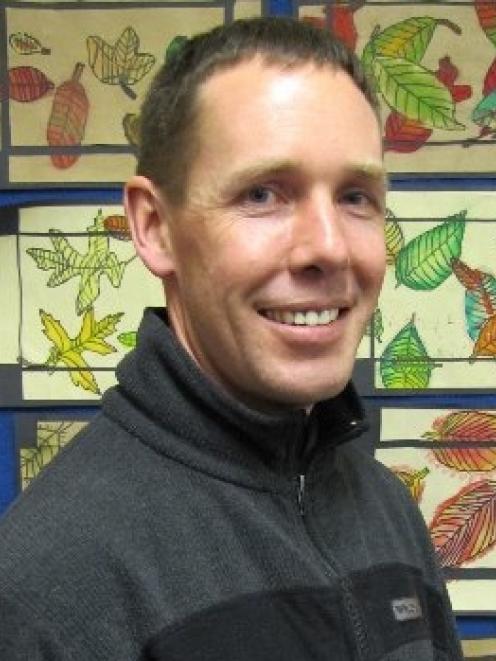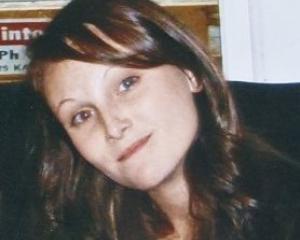
The chartered accountant and father of three pupils at the school also tells James Beech a growing enrolment can lead to more diversity, more staff pooling more ideas and a wider range of specialist subjects.
Queenstown Times: Why did you want to become a board member and how long have you been in the role?
Grant McCulloch: Being part of the board of Arrowtown School is a privilege, in my view.
I have an interest in education through the needs of our children and in general terms.
Our family has found Arrowtown School to be a great environment for our children and I was interested in learning more about the inner workings of the school and I wanted to be able to give something back to the school.
I have only been in the role since the board elections earlier this year but I am enjoying the experience.
QT: What is the biggest issue facing Arrowtown School pupils and what do you want done to tackle it?
GM: There are many issues facing schools in general including funding, the ever-changing face of technology and the challenges of a changing curriculum, to name a few.
If one issue had to be picked as being a high priority, then technology would be near the top of the list.
Technology is quickly changing and children need to keep pace with that change.
The school now has interactive whiteboards, we are developing an intranet system, our website is being updated and enhanced.
We are aware that computers need upgrading on a regular basis and we are working hard to fund the replacement programme for computers in the school.
Tackling the issues that face the school is a job for the board, management, the teachers, the pupils and the community.
QT: Will National Standards improve a pupil's education at the school?
GM: I think that the people behind the concept of National Standards have the best interests of the education sector at heart and I also think that change over time is both inevitable and required.
My personal view is that it is the quality and passion of the teachers that improve a pupil's education and not the assessment that surrounds the education, and in that light the board and management need to work within the system in a way that they meet the rules and requirements set by the Ministry of Education at any point in time and look to mitigate any perceived negative effects of change and accentuate any positive effects of change.
QT: How would you describe the school's financial situation and what needs to be done to improve it?
GM: The board and management keep a close eye on the financial performance of the school with regular financial reporting against budget, regular detailed analysis of income and expenditure and a good plan for maintenance and asset replacement.
There is always a need to source funds from parents and community groups for activities and projects so that the children can have opportunities to enhance their educational experience.
We need parents and the community to understand that the finances of the school are tightly controlled and that we need their support through the payment of school fees and donations to assist us through each year.
Equally, we are well aware that many parents struggle to make ends meet financially and we need open communication where this is the case to work together.
QT: What needs to be done to cater for Arrowtown School's growing enrolment?
GM: As the roll grows this places pressure on the resources of the school, increases the average class size and increases the workload for teachers.
These could become negative factors.
However, they are managed well to mitigate negative impacts on children's education.
There are also positive aspects to having more pupils in our school such as more diversity, a larger team of teaching staff who can work co-operatively and feed off each other's energy and ideas, a wider range of specialist subjects can be accessed (through economies of scale) and many other positive things.
Catering for growth comes down to good planning and providing the additional resources required in a timely fashion to provide an environment which accentuates the positive aspects associated with that growth and mitigates any negative impacts.
QT: How can the community help Arrowtown School?
GM: The community does help Arrowtown School immensely and for that I would like to say a huge thank you.
Moving forward, we need that support to continue and it includes financial support, volunteers, new ideas, feedback and positive talk about school in general terms.
The school is part of the community and the community is part of the school.






